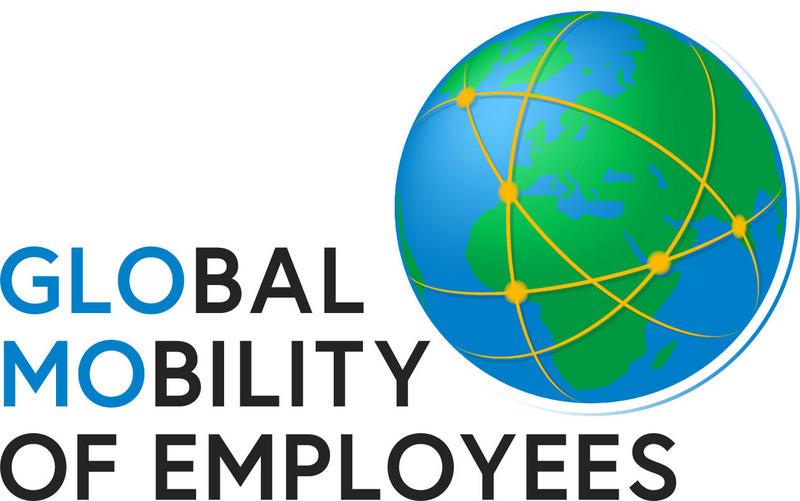Global mobility of employees - GLOMO
Project information
Project description
It sees eight partners from across Europe generate knowledge about the global mobility phenomenon while training and developing a unique network of experts in the field, in order to make labour mobility more efficient and beneficial for all parties involved.
The project has received total funding of almost 4 million Euros, out of which about 500.000 are going to the University of Vaasa. This programme is part of the very selective EU - Marie Skłodowska-Curie Innovative Training Network (ITN), that provide grants to a very small amounts of the applications. This project develops innovative collaborative postgraduate studies, international joint-supervision of students and promotes research in the field through multinational exchanges.
This project groups top-level European Universities with top-level researchers such as Copenhagen Business School, Cranfield University, Toulouse Business Business School and Vrije Universiteit Amsterdam, as well as business partners such as Wärtsilä in Finland, or Airbus. The new project will enable the development of a new kind of international co-operation on postgraduate education, and will support closer cooperation in research in Europe. Through corporate co-operation, we also strive for a strong social impact to promote and support international mobility both at enterprise and society level.
GLOMO’s focus is on global labour mobility into EU countries and within the EU and its impact on careers. Promoting labour mobility across Europe is a central objective of the Europe 2020 Strategy. Although expatriation, i.e. the migration of employees, into OECD countries increases, driven largely by people moving within the EU, expatriation into and within Europe is still short of target levels. Despite a favourable legal framework for mobility, expatriates still face a wide range of problems and obstacles that hamper cross-border labour mobility. For example, employment prospects for self-initiated expatriates are below those of natives and over-qualification, i.e. employment below skill levels, is widespread in most European countries. Consequently, the growth potential of expatriates is far from realised. Little is known about transnational mobility patterns and the length of expatriation episodes as well as about retention processes of foreign employees.
GLOMO’s aim is to make labour mobility more efficient and beneficial for all parties involved in order to tackle increasing labour and skill shortages in the EU. The project, which started on January 1, 2018 and runs for 48 months, will (a) systematically generate knowledge about the mobility phenomenon and its implications (success factors, effects, added value); (b) provide trainings to (further) develop early-stage researchers understanding the complex multidisciplinary phenomenon of expatriate mobility, and (c) suggest relevant implications for individuals, organisations, the European societies and economies.
Members of the interdisciplinary and intersectoral network of experts in the field are:
- University of Bamberg (D), Coordination
- Copenhagen Business School (DK)
- Cranfield University (UK)
- Institute for Employment Research (D)
- Toulouse Business School (F)
- University of Vaasa (FIN)
- Vrije Universiteit Amsterdam (NL)
- Airbus SAS (F)
15 PhD positions will be filled with a focus on the topics of expatriation and migration. All individual projects will have a duration of 36 months (lasting from September 1, 2018 to August 31, 2021). The early stage researchers will be enrolled as PhD students and hired under a full-time, temporary contract at one of the host institutions. The partners engaged in the project will work closely together, with each of the partners supervising at least one research project. The PhD students will be trained through a structured and comprehensive programme and will not only learn the theory but will gain first-hand experience of global mobility themselves, as all students will take secondments to one of the other partner universities and institutions throughout Europe (e.g. companies, ministries).
Project members: Vesa Suutari, Liisa Mäkelä, Olivier Wurtz and Adam Smale (for Finland).
For more information, please contact Professor Vesa Suutari (vsu@uwasa.fi) or Assistant Professor Olivier Wurtz (owurtz@uwasa.fi)


